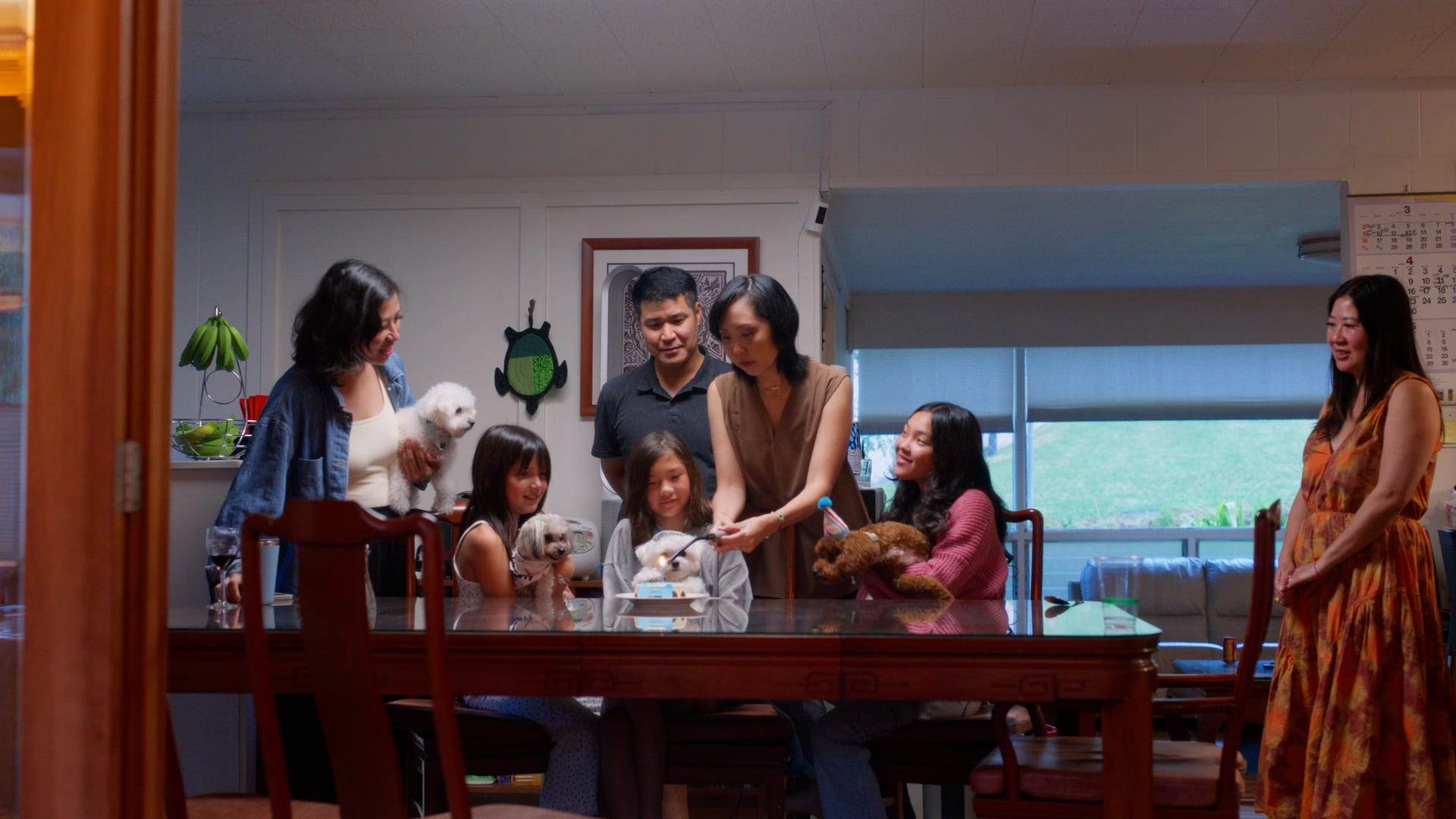Anj’s Breast Cancer Story

Andrea ‘Anj’ Oto knew that she had an increased risk of developing cancer due to her family history. Because her mom and grandmother had both experienced breast cancer, Anj qualified for annual mammograms earlier than most. In 2023, Anj went in for her annual mammogram and her care team saw something suspicious that led to further testing—and a breast cancer diagnosis.
“I suddenly went from trying to have a baby to having cancer.” - Anj
Starting Treatment
Anj underwent a lumpectomy and met with her care team to discuss next steps. The pathology showed a remaining cluster of calcifications and Anj opted out of additional surgery, choosing instead to work closely with her radiologist and oncologist to continue monitoring her health.
That’s when her oncologist introduced a new tool into Anj’s routine care—the Signatera™ Residual Disease Test. Often called MRD (molecular residual disease) testing, this personalized test can be used to detect signs of recurrence before symptoms appear. It was added to her routine labs and has helped provide peace of mind for Anj since her diagnosis.
Surveillance with Signatera™
With dreams of starting a family put on hold, Anj wanted reassurance that the remaining calcifications weren’t cancerous. For Anj, the test wasn’t just about answers—it was about reclaiming something cancer had stolen: control.
“It allowed me to gain back control that I lost from cancer.” - Anj
Now, Anj continues to be monitored every six months, using a simple blood test. Follow-up Signatera™ test results continue to be negative for ctDNA (circulating tumor DNA). Anj’s imaging and other labs also show no signs the cancer is recurring. Getting tested regularly and receiving consecutive negative Signatera™ results have given Anj the confidence to dream about her future again.
Looking Forward to the Future
With peace of mind and support from her care team, Anj’s goal is to take a break from hormone suppression therapy, and revisit her dream of growing her family. But, scans aren’t always recommended during a high-risk pregnancy. That’s where the blood test becomes even more meaningful.
“Knowing that Signatera is as simple as a blood test—and that it’s safe when you’re pregnant—gives me a ton of peace of mind,” she said. “The Signatera test helps me to be that self-advocate in my cancer experience.”
Anj champions inclusive participation in research and clinical trials, advocating for enhanced representation in genetic data and hereditary cancer studies. Her passion lies in improving future healthcare outcomes for underrepresented communities, and she hopes that sharing her story will contribute to this goal.
If you’re a breast cancer survivor, MRD testing can be a helpful tool in your ongoing care. Talk to your doctor about whether Signatera MRD testing could help you stay ahead of recurrence and make more informed treatment decisions. To learn more about Signatera for breast cancer, click here.
